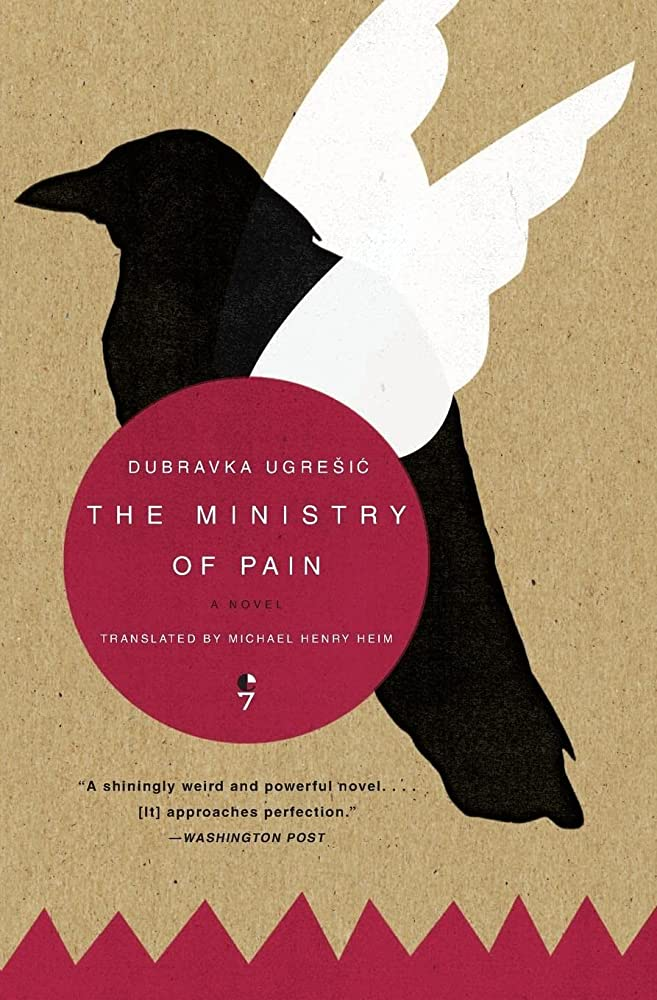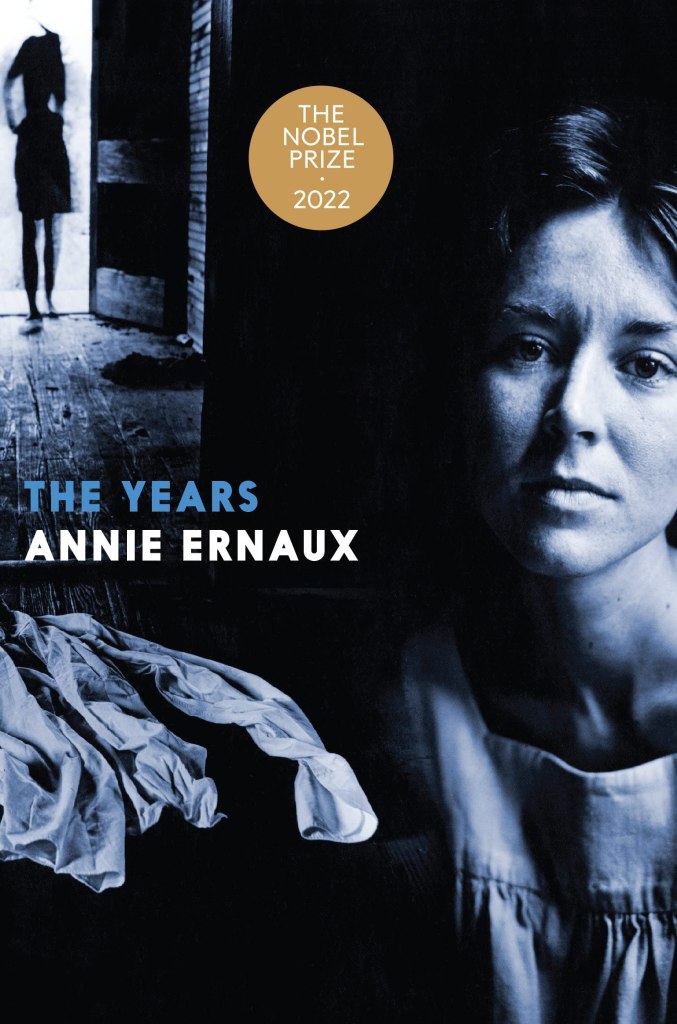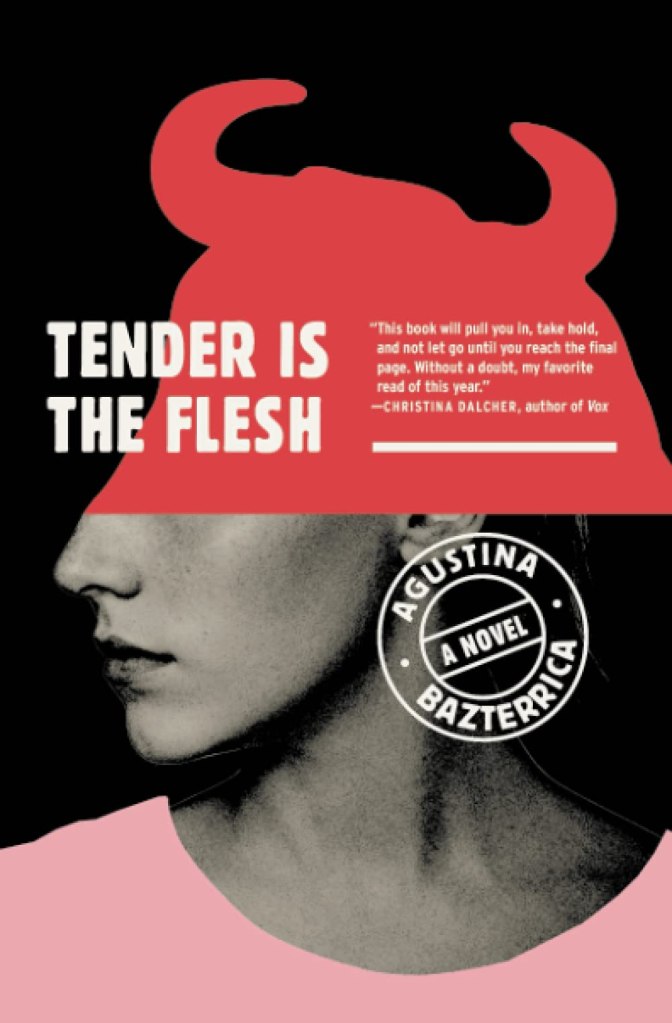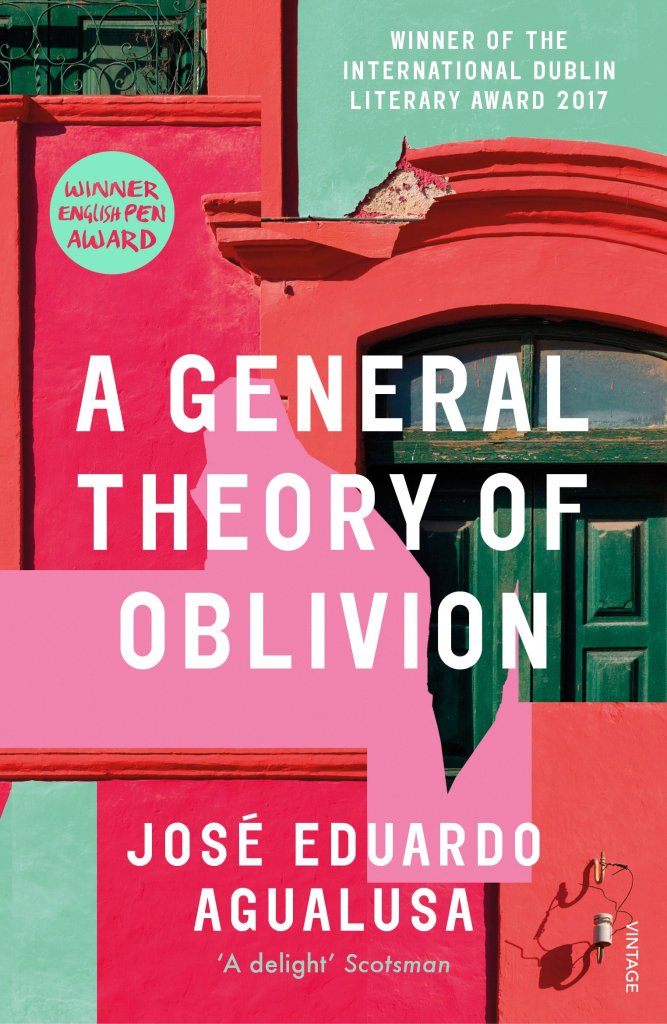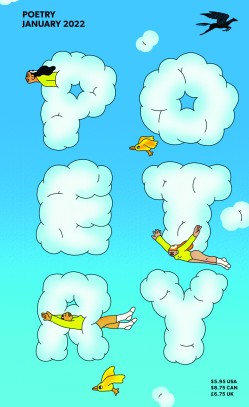
I haven’t written here in so long that you must believe the book that made me come back here and share my thoughts about it is indeed a great one.
The Book of Form & Emptiness starts with Benny Oh, a 14-year old teenager, the son of Kenji, a Korean-Japanese jazz musician, and Annabelle, whose job is to clip articles from newspapers for archival reasons (a job obviously endangered by the digital media, which is emerging as the book unfolds). After Kenji dies in a terrible accident, Benny starts hearing the voices of objects, hearing their worries and frustrations, and the whole book is written as a sort of dialogue between Benny and a book, a book about Benny’s life.
While the premise could make for a jovial and fun fantasy book, I did not think this is Ozeki’s style. She likes to poke at the edges of the status quo and make her readers question and rethink their daily reality. And I was not mistaken.
As Benny continues to hear the voices of things more and more intense, and he struggles to tell them apart from reality, he is first diagnosed with ADHD due to its inability to pay attention to classes, and later on, after he stabs himself with a set of scissors due to what they’re saying (in Chinese), he is diagnosed with schizofrenia. At the same time, Annabelle’s life feels to be falling apart – she cannot get along with Benny, she is in danger of losing her job, and her house is almost impossible to live in, as she finds it really hard to give up any of the objects she’s gathered over the years, from broken teapots to bags of newspapers no one needs any longer.
In the pediatric psychiatry hospital (Pedipsy) he spends some time in, he meets a girl whose artist name is the Aleph, and who introduces Benny to Slavoj, also known as the Bottleman, an old man in a wheelchair, almost always drunk, always talking about his life as a Slovenian poet, and to TAZ, a non-binary ferret that I wish received more space in the story. These characters, homeless residents of the neighbourhood, both struggling with addiction issues, are incredibly written. Not without humour, Ozeki portrays their desire for community, their work full of love to create spaces for this community, their anti-capitalist and revolutionary features. These characters’ dialogues are the ones stating clearly the messages this book is trying to send. As revealed in the acknowledgements, the author worked with mad activists to write this book and this is clearly seen in the Aleph, who knows without words about the bullying Benny is going though at school so she tries her best to protect him, and who is also trying to create a mental health community center for children and teenagers as a community-based alternative to psychiatric hospitals.
(As for Benny, I do not have schizophrenia and have not experienced any psychotic episode so it is hard for me to assess whether the portrayal of the mental health disorders described is accurate, but I would love to hear from anyone that has a more situated opinion and wants to chat about this book.)
Last, but definitely not least, this story is not only a beautiful tale of mental health, community, and loss, but is also a love letter to books, to stories, to language. Here, books are agents, they have will, desires, likes and dislikes, and – unsurprisingly – eloquently speak about the importance of language and perspective in telling a story.
I’ll leave you with this quote, which made me think how sad it can be to be a book:
But here’s another question: Has it ever occurred to you that books have feelings too? As you listen to this romantic tale of two ill-fated lovers, do you ever stop to wonder about what it feels like for us? Because, in truth, if skin marks the border where an I ends and an you begins, then in these moments of impassioned boundary crossing called love, we envy you. It’s that simple. We envy you your bodies. How can we not? Books have bodies, too, but ours lack the organs needed to experience the world. The skin that covers our boards and encloses our words is different from yours. Our skin, whether made from paper or parchment or cloth (or, these days, some combination of plastic, glass, and metal), fulfills a similar function of marking our perimeters, but even the most haptic and capacitive of our skins cannot experience pleasure the way yours can. We cannot feel the ecstasy, the merging of self and other.
page 36
